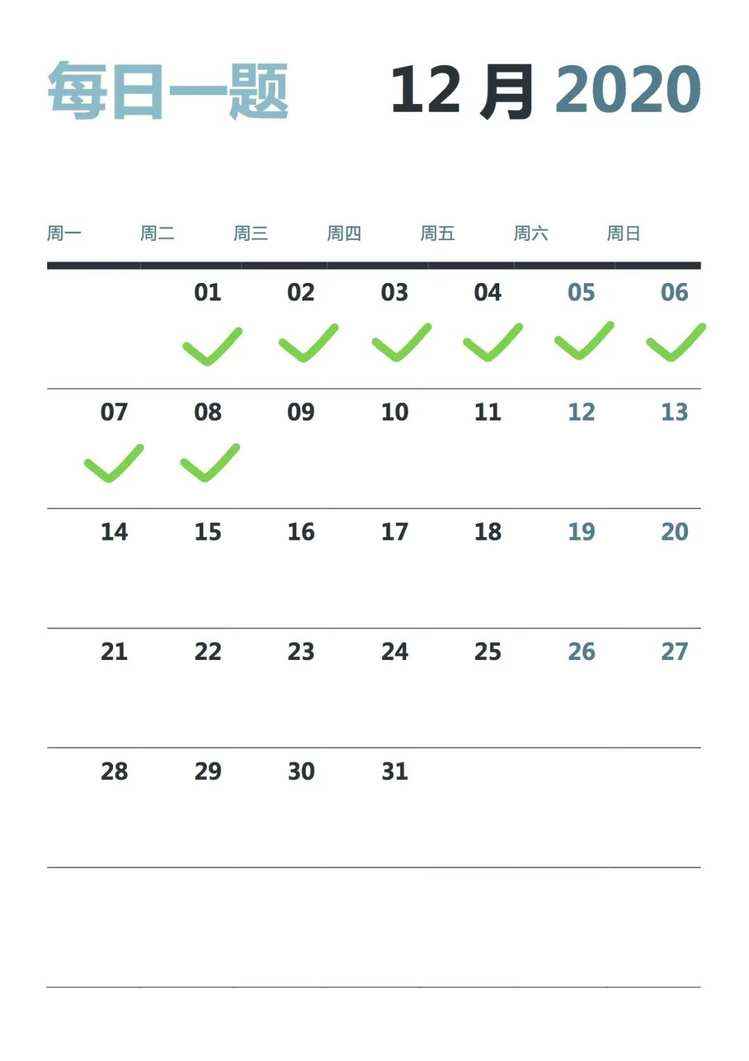【LeetCode】842. Split Array into Fibonacci Sequence 将数组拆分成斐波那契序列(Medium)(JAVA)
题目描述:
Given a string S of digits, such as S = "123456579", we can split it into a Fibonacci-like sequence [123, 456, 579].
Formally, a Fibonacci-like sequence is a list F of non-negative integers such that:
0 <&#61; F[i] <&#61; 2^31 - 1, (that is, each integer fits a 32-bit signed integer type);
F.length >&#61; 3;
and F[i] &#43; F[i&#43;1] &#61; F[i&#43;2] for all 0 <&#61; i Also, note that when splitting the string into pieces, each piece must not have extra leading zeroes, except if the piece is the number 0 itself.
Return any Fibonacci-like sequence split from S, or return [] if it cannot be done.
Example 1:
Input: "123456579"
Output: [123,456,579]
Example 2:
Input: "11235813"
Output: [1,1,2,3,5,8,13]
Example 3:
Input: "112358130"
Output: []
Explanation: The task is impossible.
Example 4:
Input: "0123"
Output: []
Explanation: Leading zeroes are not allowed, so "01", "2", "3" is not valid.
Example 5:
Input: "1101111"
Output: [110, 1, 111]
Explanation: The output [11, 0, 11, 11] would also be accepted.
Note:
题目大意
给定一个数字字符串 S&#xff0c;比如 S &#61; "123456579"&#xff0c;我们可以将它分成斐波那契式的序列 [123, 456, 579]。
形式上&#xff0c;斐波那契式序列是一个非负整数列表 F&#xff0c;且满足&#xff1a;
另外&#xff0c;请注意&#xff0c;将字符串拆分成小块时&#xff0c;每个块的数字一定不要以零开头&#xff0c;除非这个块是数字 0 本身。
返回从 S 拆分出来的任意一组斐波那契式的序列块&#xff0c;如果不能拆分则返回 []。
解题方法
首先要看清楚例子&#xff0c;将数组拆分成斐波那契序列&#xff1a;数组里的每个元素不一定是相等的
所以要从第一个数字长度 i 从 1 到 S.length() / 2&#xff0c;第二个长度 j 也从 1 到 S.length() / 2&#xff0c;因为要满足至少三个&#xff0c;而且三个数字肯定大于前两个数组所以, S.length() - i - j >&#61; Math.max(i, j)
判断第三个是否是前两个的和&#xff0c;从 i &#43; j 位开始&#xff0c;判断接下来的部分是否 num1 &#43; num2 (我这里直接用的 string 的 startWith 方法&#xff0c;判断的方法很多)
后面不断循环&#xff0c;看是否能到能把所有字符判断完
note: 这里还有很多可以优化的地方&#xff1a;1、可以不用创建新的字符串&#xff0c;这样可以节省空间&#xff0c;也不用 delete 字符&#xff1b;2、比较可以不用 startWith 方法&#xff0c;可以一个个 char 比较
class Solution {
public List splitIntoFibonacci(String S) {List list &#61; new ArrayList<>();int max &#61; S.length() / 2;for (int i &#61; 1; i <&#61; max; i&#43;&#43;) {
long num &#61; Long.parseLong(S.substring(0, i));if (num >&#61; Integer.MAX_VALUE) break;if (S.charAt(0) &#61;&#61; &#39;0&#39; && i > 1) continue;for (int j &#61; 1; j <&#61; max && (S.length() - i - j) >&#61; Math.max(i, j); j&#43;&#43;) {if (S.charAt(i) &#61;&#61; &#39;0&#39; && j > 1) continue;
StringBuilder sb &#61; new StringBuilder(S);num &#61; Long.parseLong(S.substring(0, i));
list &#61; new ArrayList<>();
list.add((int) num);num &#61; Long.parseLong(S.substring(i, i &#43; j));if (num >&#61; Integer.MAX_VALUE) break;
list.add((int) num);
sb.delete(0, i &#43; j);while (sb.length() > 0) {int size &#61; list.size();num &#61; list.get(size - 1) &#43; list.get(size - 2);if (num >&#61; Integer.MAX_VALUE) break;if (!sb.toString().startsWith(num &#43; "")) break;
list.add((int) num);
sb.delete(0, (num &#43; "").length());
}if (sb.length() &#61;&#61; 0 && list.size() >&#61; 3) return list;
}
}return new ArrayList<>();
}
}
执行耗时:8 ms,击败了20.32% 的Java用户
内存消耗:38.7 MB,击败了66.05% 的Java用户
